Jaguar Land Rover (JLR) owner Tata Motor is said to be seeking over £500 million of Government funding to help establish an electric vehicle (EV) battery factory in the UK.
A report in the Financial Times said that the Indian OEM was weighing-up whether the UK or Spain would be the best base for its battery production facility and suggested that ministers had been given just weeks to make a decision.
One source of the newspaper described the ultimatum as another “pivotal” moment for UK car manufacturing following the collapse of Britishvolt, which was later bought out of administration by Australian start-up Recharge Industries.
Jaguar Land Rover (JLR) owner Tata Motor is said to be seeking over £500 million of Government funding to help establish an electric vehicle (EV) battery factory in the UK.
A report in the Financial Times said that the Indian OEM was weighing-up whether the UK or Spain would be the best base for its battery production facility and suggested that ministers had been given just weeks to make a decision.
One source of the newspaper described the ultimatum as another “pivotal” moment for UK car manufacturing following the collapse of Britishvolt, which was later bought out of administration by Australian start-up Recharge Industries.
The FT reported that Tata Motors had come close to announcing plans for a battery factory in Somerset last year – alongside Chinese production partner Envision – but delayed the decision as Tata Group was simultaneously seeking British government support for its UK steel business.
It was later reported that government would deliver a package amounting to around £300m to support a decarbonisation process at Port Talbot which Tata suggested would cost £2bn.
Commenting on Tata’s call for support for help to fund a UK battery production operation an FT source, said to be a UK Government official, said the progress of talks depended on “whether a final amount can be agreed”.
Almost five years after its launch, JLR's Jaguar I-Pace (pictured above) remains the OEM's only zero-emissions EV.
As part of its Reimagine strategy, Jaguar will become an all-electric luxury brand by 2025, however, while all Land Rover nameplates will be available in pure electric form by the end of the decade.
Last week the Society of Motor Manufacturers and Traders (SMMT) chief executive Mike Hawes admitted that the UK car manufacturing sector needed a new "pitch” to remain competitive with global rivals.
Hawes said: “automotive manufacturing can drive long-term growth for the low carbon economy, but the sector needs competitive conditions to attract investment”, adding: “Recent global developments, however, suggest increasing protectionism which, if not challenged or mitigated, could put the UK at a disadvantage.”
The FT reported that government had already set aside £850m to attract battery makers to the UK, adding that it had several other financial support schemes it could draw on to entice investors.
More than £100m was handed to Nissan for electric investment at its factory in Sunderland, while Stellantis received around £30m to transform its Ellesmere Port production facility into its European Centre for electric vans.
Login to continue reading
Or register with AM-online to keep up to date with the latest UK automotive retail industry news and insight.

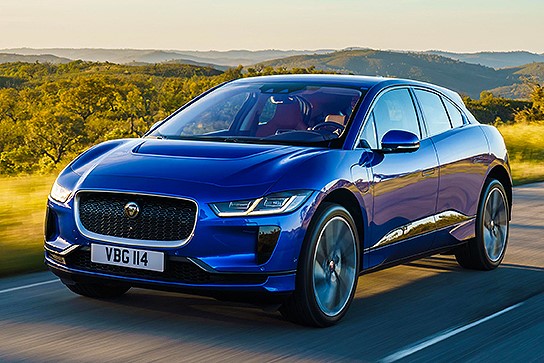

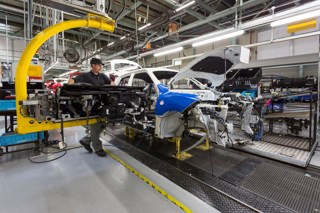
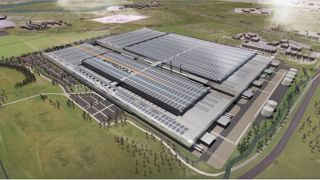
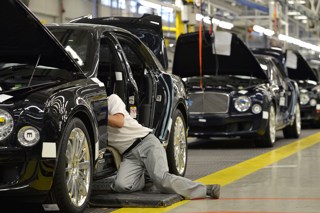

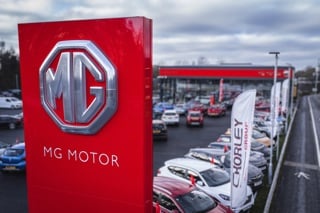











Login to comment
Comments
No comments have been made yet.